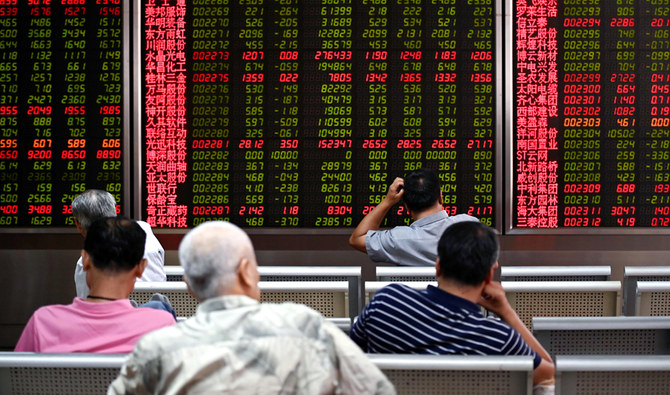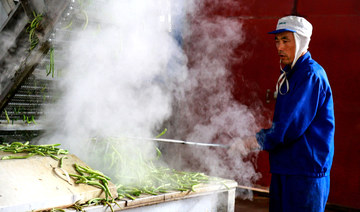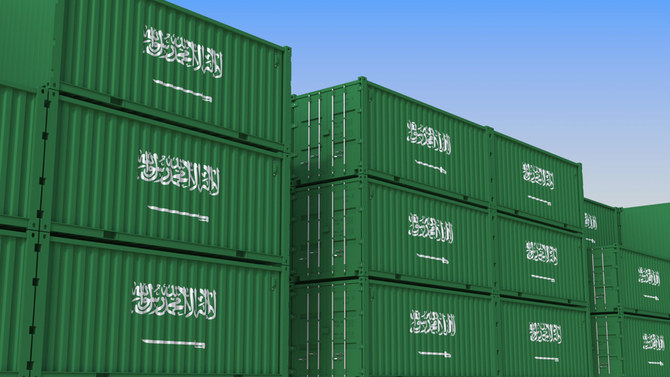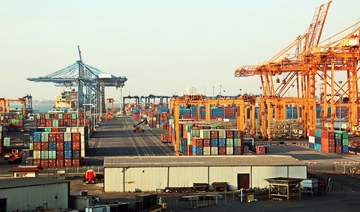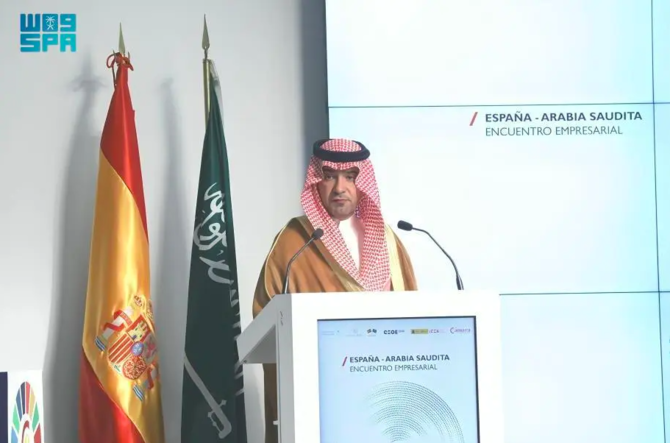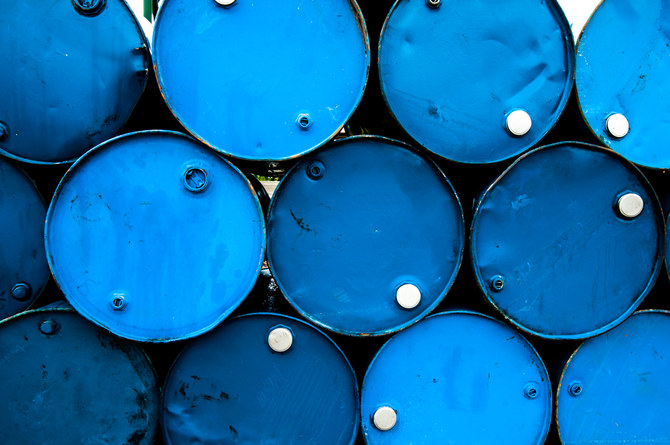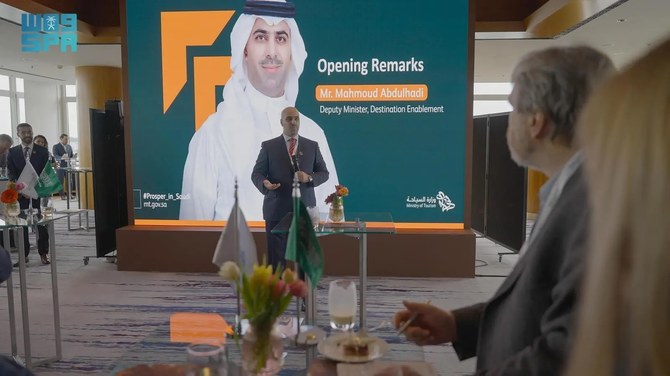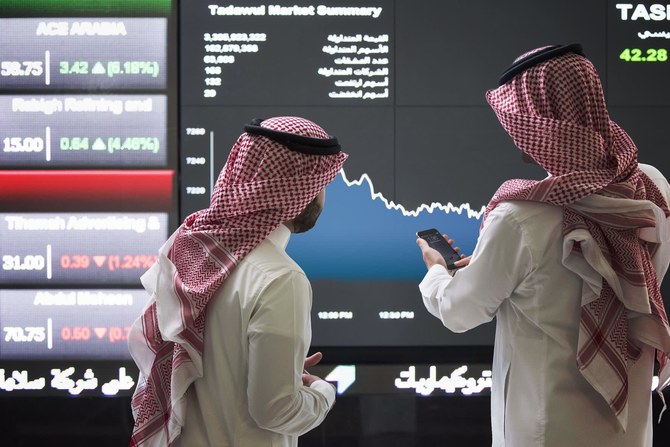BEIJING: European stock markets opened higher while Asia was mixed Monday after Washington and Beijing escalated their war over trade and technology with new tariff hikes.
Benchmarks in London, Paris and Shanghai advanced. Tokyo and Hong Kong declined.
Markets reacted less strongly to the weekend tariff hikes on billions of dollars of goods than to previous increases. Investors are hoping for progress in talks this month, but analysts warn the fight over trade and technology is unlikely to be quickly resolved.
“The short-lived truce will probably provide limited relief,” said Zhu Huani of Mizuho Bank in a report. “Businesses have become increasingly uncertain about future prospects, evidenced by the pullback in business investment amidst growing concerns on growth.”
In early trading, London’s FTSE 100 rose 0.9 percent to 7,274.50 and France’s CAC 40 added 0.1 percent to 5,487.74. Germany’s DAX was 10 points higher at 11,949.88.
US markets were closed for a holiday.
In Asia, the Shanghai Composite Index gained 1.3 percent to 2,924.11 while Tokyo’s Nikkei 225 shed 0.4 percent to 20,620.19. Hong Kong’s Hang Seng lost 0.4 percent to 25,626.55.
Seoul’s Kospi ended 1 point higher at 1,969.19 and Sydney’s S&P-ASX 200 retreated 0.4 percent to 6,579.40. New Zealand and Taiwan gained while Southeast Asia markets retreated.
On Sunday, the US started charging 15 percent tax on about $112 billion of Chinese imports. China responded by charging taxes of 10 percent and 5 percent on a list of American goods.
Negotiators are due to meet this month in Washington but neither side has given any sign it might offer concessions.
The United States is pressing China to narrow its trade surplus and roll back plans for government-led creation of global competitors in robotics and other industries. Its trading partners say those violate its free-trade obligations and are based on stealing or pressuring companies to hand over technology.
The two governments have imposed higher taxes on about two-thirds of the goods they import from each other.
“We’ll see what happens,” President Donald Trump told reporters. “But we can’t allow China to rip us off anymore as a country.”
On Wall Street, stocks ended little changed Friday after a listless day of trading ahead of a holiday weekend.
The market closed out August with its second monthly decline this year, after May.
Financial, industrial and health care stocks were among the big winners. Those sectors outweighed losses in consumer goods makers and communication services stocks. Shares in companies that rely on consumer spending also fell.
The S&P 500 index rose 0.1% to 2,926.46. The Dow Jones Industrial Average gained 0.2% to 26,403.28. The Nasdaq slid 0.1% to 7,962.88.
Two surveys of Chinese factory activity showed demand is weak amid the mounting tariff war with Washington.
The business magazine Caixin said its monthly purchasing managers’ index showed activity edging up but a gauge of new orders fell to its lowest level this year. A separate survey by an industry group, the China Federation of Logistics & Purchasing, showed activity declining. It said demand was “relatively weak.”



